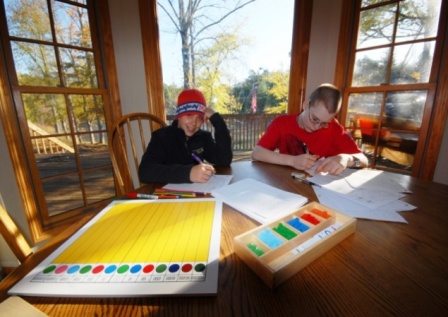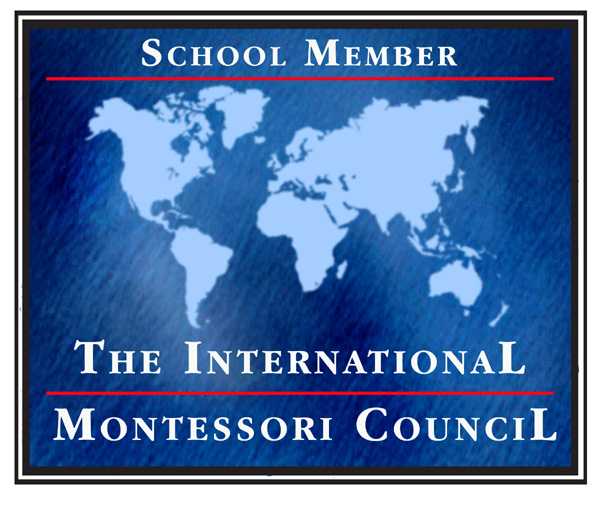Academics
 At Whetstone Academy, we build our academic program on firm educational foundations. Our courses are taught in a teacher directed with experiential methodologies. Our afternoon ErdKinder curriculum is based on a foundation laid by Dr. Maria Montessori over a hundred years ago. Thus, we share with all Montessori Schools a common philosophy and teaching approach that seeks to discover the inborn intelligences and unique potential inherent in each student.
At Whetstone Academy, we build our academic program on firm educational foundations. Our courses are taught in a teacher directed with experiential methodologies. Our afternoon ErdKinder curriculum is based on a foundation laid by Dr. Maria Montessori over a hundred years ago. Thus, we share with all Montessori Schools a common philosophy and teaching approach that seeks to discover the inborn intelligences and unique potential inherent in each student.
The academic program is in turn woven into a comprehensive plan of care in which teachers, therapists and counselors work together to nurture the growth and development of the whole child—cognitive, social, physical and emotional.
Within our invigorating working farm framework, teachers and staff seek to provide a safe, stimulating learning environment in which the teacher observes and leads each student as a helpful guide in a community of learners.
Employing a project-based, experiential approach to learning, we seek to help our students develop thinking and problem-solving skills as well as help them form trusting relationships. We help them learn to work and communicate well within groups as they develop confidence, self-direction and kind compassion for others.
Whether in the classroom, on the farm or in the fields and woods of our campus in the country, we prepare an environment where we may pursue a learning method and philosophy that shares with Jean Piaget the belief in the unlimited potential of humans. And we believe with Howard Gardner that a child has multiple intelligences awaiting discovery and nurturing, that education should not only teach children but also help position them to make the world a better place.
Montessori’s idea for middle school boys is that of an “Erdkinder” (child of the earth) or farm school. Whetstone Academy is therefore a family style farm where the boys are responsible for taking care of the animals, the gardens, the grounds, and for helping to prepare and serve meals.
The school functions as its own community and micro-economy. The environment is nurturing, respectful, and child-centered. The boys explore their capabilities through real work, build genuine relationships within the community, and experience education with a hands-on approach.
I want my children to understand the world, but not just because the world is fascinating and the human mind is curious. I want them to understand it so that they will be positioned to make it a better place.
--Howard Earl Gardner



